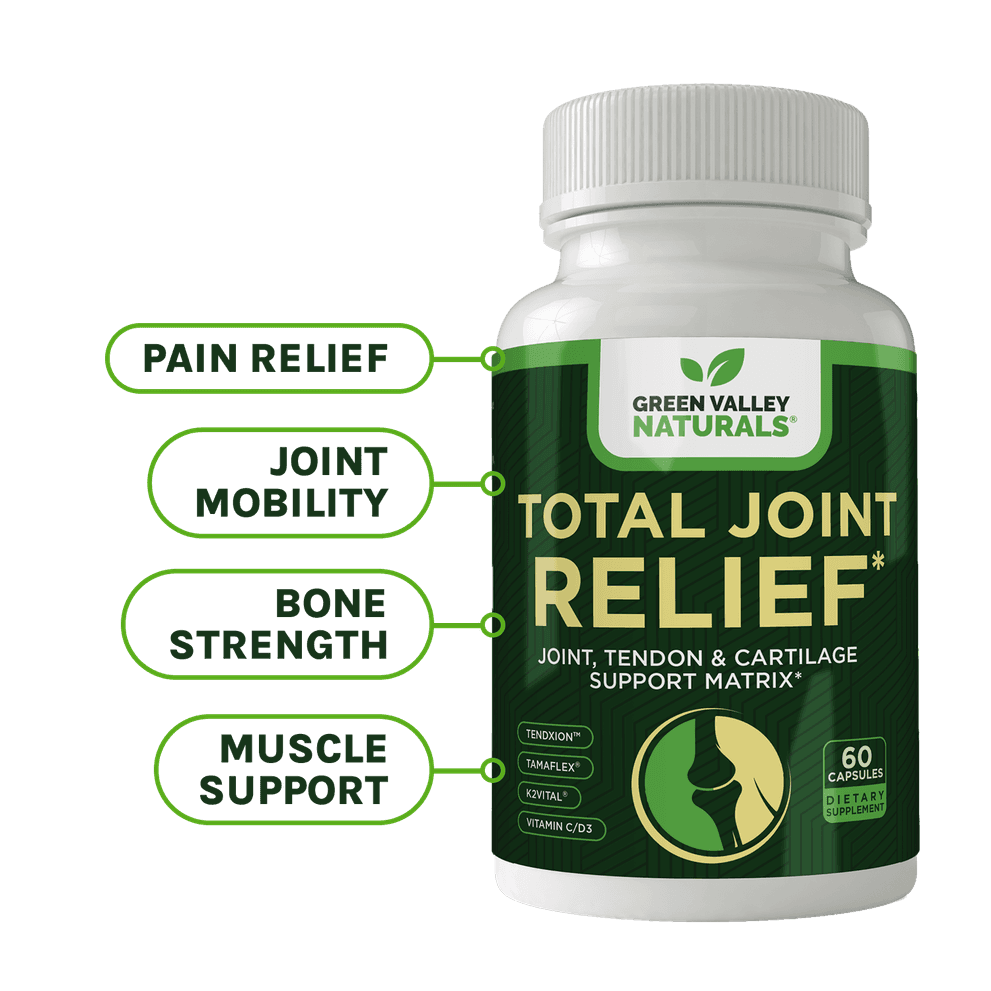
More than 100 Americans a day are hospitalized because of the effects of this painkiller – which you can buy in any drug store, and probably have. Every time you take a dose – even if it’s supposed to be a safe dose – it harms your liver.
Added to that, research now shows that this pharmaceutical affects your emotions and thinking processes, too.
If you’re a well-informed consumer, you’ve probably guessed I’m talking about acetaminophen – the active ingredient in Tylenol®. Tragically, most people are not well-informed.
I can remember sitting across from my mother at a restaurant years ago as she popped a couple of Tylenol and washed them down with a glass of wine. Arggh! It’s a lethal combination. And she was a nurse and hospital administrator!
The situation is more serious than you could ever imagine. Keep reading and I’ll explain. . .
Every year, acetaminophen leads to 112,000 calls to poison control centers, 59,000 visits to hospital emergency rooms and about 38,000 hospitalizations.1But while most of those poisonings involve liver damage (this drug is the leading cause of liver failure), studies now show acetaminophen produces strange changes in your mood and thoughts, too.
Emotional Disruption
Research at the University of California at Santa Barbara analyzed studies of the effects of acetaminophen and another popular pain-killing drug, ibuprofen (the active ingredient in Advil). The investigation showed that both of these OTC drugs have strange and unexpected effects.2 These effects include changes in:- Empathy: Acetaminophen limits your ability to feel and understand what other people are going through.
- Emotional Sensitivity: Ibuprofen was found to lower women’s response to painful emotions. But it increased the sensitivity of men.
- Reluctance to give up personal possessions: When people were asked about selling their belongings, a dose of acetaminophen made them ready to sell their things at a significantly cheaper price.
Another study, this one at the University of Toronto, offers evidence that acetaminophen could make you a worse driver. Apparently it makes you less responsive to what’s going on around you and less liable to notice your own mistakes.3 According to these Toronto researchers, when you perform a habit-conditioned task like driving, you carry out most of the task automatically. You don’t have to consciously think about everything you’re doing as you drive your car. But when something unexpected happens – such as being cut off by another driver – you have to interrupt your habitual actions and make a quick adjustment.
But the Canadian study shows that acetaminophen may make you less likely to notice and quickly adjust to what’s happening on the road.
These types of studies convince me that routinely taking drugs like acetaminophen and ibuprofen is like playing Russian roulette with your body and mind. The researchers who are looking into the effects of these drugs warn that we don’t know enough about what they do to us to let consumers make the possibly dangerous decision to buy them in supermarkets and drug stores and then take them – or dish them out to their kids.
The dangers of these drugs include:
- Unknown and serious effects on the liver: Research in Israel shows that acetaminophen has damaging effects on liver cells at much lower doses than generally known. Even when you take a supposedly “safe” dose of acetaminophen, it interferes with the mitochondria in liver cells.4 Even one dose of this drug crashes the level of important molecules in your liver.
- Damage to the future children of pregnant women: Pregnant women should never take acetaminophen. Studies show that it increases the chances of autism in children,5 is associated with language delay6and reduced fertility in daughters,7 and generally increases the risk of kids’ behavioral problems.8
- Hearing loss: If you take ibuprofen or acetaminophen routinely for more than six years you have a significantly increased chance of going deaf.9
Think Long Term
Long-term use of natural inflammatories can drastically reduce chronic pain and turn the drugs into a once-in-a-while remedy that you need only in emergencies. The natural pain-killers include fish oil, bromelain and other proteolytic enzymes, turmeric/curcumin (try Green Valley’s Fast Acting Turmeric), boswellia and silymarin (available in our Triple Joint Relief), and ginger.You can also consume anti-inflammatory foods such as green tea, blueberries and dark chocolate. And of course you can add ginger and turmeric to many dishes.
Please be aware that these supplements and foods do not act like drugs. It’s no use to take some fish oil or bromelain when you feel a headache coming on, or to eat a bowl of blueberries when your back is bothering you. These foods and remedies bring relief and wellness when you take them every day for the long term, and often it takes weeks or even months to reap the full anti-inflammatory benefits.
An astonishing mouse experiment involving 30 supplements showed shocking increases in lifespan for the mice, compared to a control group that was not fed these substances. But the mice were fed the substances throughout their lives, from birth to old age.
Think long-term, think natural, and you really can conquer pain without liver- and mind-destroying drugs.
- https://www.ncbi.nlm.nih.gov/pmc/articles/PMC5676300/
- http://journals.sagepub.com/doi/abs/10.1177/2372732217748965
- https://www.ncbi.nlm.nih.gov/pubmed/26892161
- https://www.ncbi.nlm.nih.gov/pubmed/26041127
- https://www.ncbi.nlm.nih.gov/pubmed/27353198
- https://www.ncbi.nlm.nih.gov/pubmed/29341895
- https://www.ncbi.nlm.nih.gov/pubmed/29305399
- https://www.ncbi.nlm.nih.gov/pubmed/25732401
- https://www.ncbi.nlm.nih.gov/pubmed/27974293
- https://www.ncbi.nlm.nih.gov/pubmed/25429980

